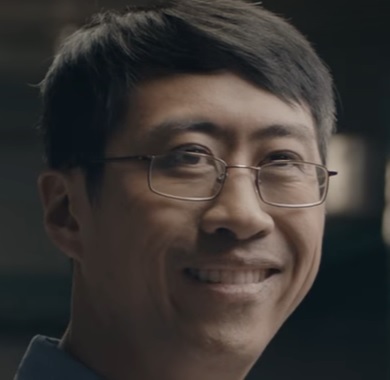It begins. They're coming fer yer jerbs.
https://www.youtube.com/watch?v=lMIkWyiJp0k
http://www.prnewswire.com/news-rele...itchen-plans-worldwide-rollout-300419426.html
https://www.youtube.com/watch?v=lMIkWyiJp0k
http://www.prnewswire.com/news-rele...itchen-plans-worldwide-rollout-300419426.html
PASADENA, Calif., March 7, 2017 /PRNewswire/ -- Miso Robotics and Cali Group today unveiled Flippy, an artificial intelligence-driven robot that will work alongside kitchen staff to grill burgers at CaliBurger restaurants. Flippy had its debut at the CaliBurger location in Pasadena, California. A video demonstration captured the robotic kitchen assistant flipping burgers and placing them on buns. Flippy will roll out in early 2018 and expand to more than 50 CaliBurger restaurants worldwide by the end of 2019.
Miso Robotics is pioneering the use of computer vision and deep learning software to bring low-cost, adaptable robotics into restaurants. The company's collaborative kitchen assistant handles the hazardous, tedious and time-sensitive aspects of grilling and cooks burgers to perfection every time. It easily integrates into CaliBurger's current kitchen layout without needing to reconfigure existing equipment.
While artificial intelligence is being successfully tested and employed to drive cars, manage the home and message with customers, Miso Robotics is the first company to bring robotics and AI into the kitchen in a meaningful way.
"Much like self-driving vehicles, our system continuously learns from its experiences to improve over time," said David Zito, CEO of Miso Robotics. "Though we are starting with the relatively 'simple' task of cooking burgers, our proprietary AI software allows our kitchen assistants to be adaptable and therefore can be trained to help with almost any dull, dirty or dangerous task in a commercial kitchen — whether it's frying chicken, cutting vegetables or final plating."








